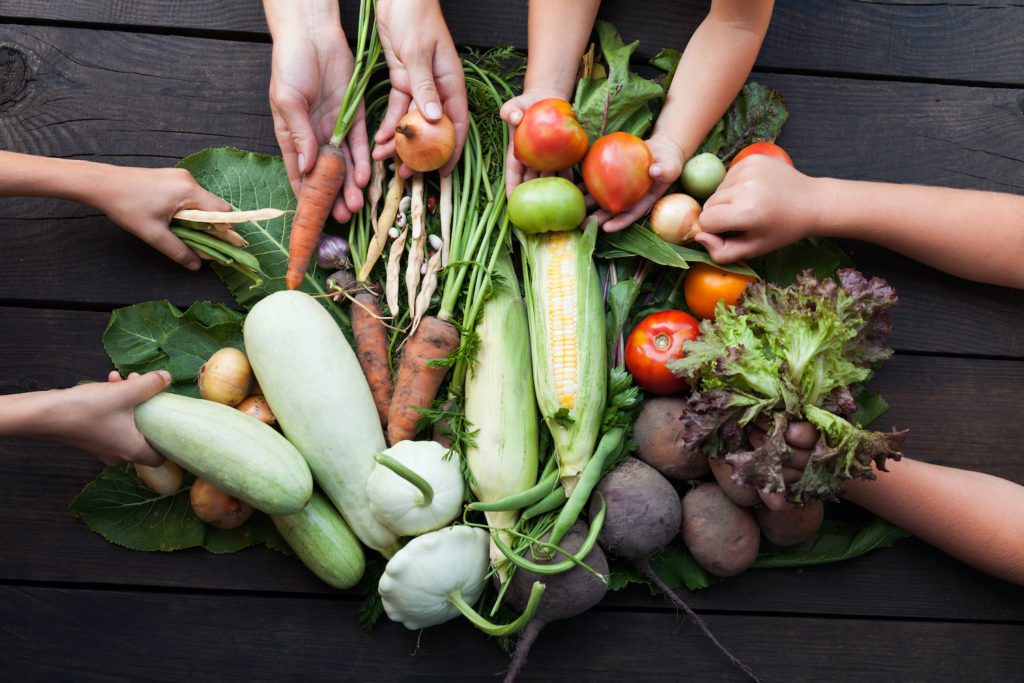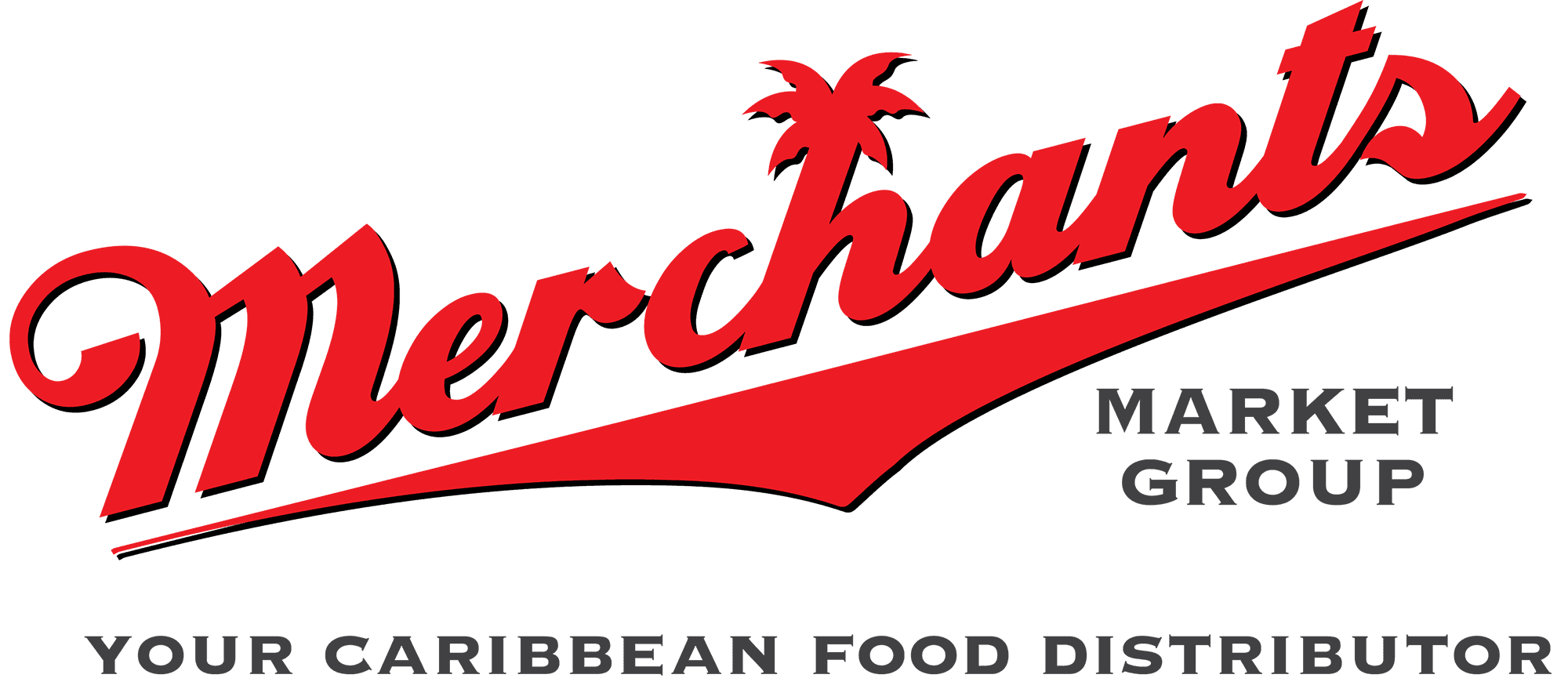
Consumers have become increasingly more aware of the environmental impacts of their diets, especially when eating out. As such, this places the burden on foodservice outlets to offer a more comprehensive selection of eco-friendly and sustainable foods. As a food distributor, Merchants Market Group acknowledges the need to provide our clients with products to meet this demand.
What Is Sustainable Food?
Staying ahead of trends and tapping into the desires of a global clientele are necessary missions for chefs, owners, and operators in the Caribbean. Furthermore, understanding of sustainable food products and practices is vital. Sustainability in food production, once solely focused on eco-friendliness, has grown to include other issues, like wage inequality and the ethical treatment of animals.
Sustainable foods are grown, produced, or caught with an onus on humane, ecologically innocuous, and socially just practices. These practices protect food production and the communities supported by them and promote fruitful continuation for future generations.
How Are These Products Identified?
To do your part, you should attempt to reduce the carbon footprint of your organization and make socially responsible choices whenever possible.
The following are a few identifying food labels and certifications.
- Food Alliance Certification — With a stringent list of criteria, the Food Alliance certifies participating farms, food processors, and distributors. Certification ensures fair labor practices, humane treatment of animals, conservation of natural resources, protection of biodiversity and ecosystems, and maintenance of food supply integrity. Certification is available for crop producers, livestock producers, shellfish farms, nursery and greenhouses, and handling operations.
- Certified Humane — The Humane Farm Animal Care (HFAC) is a nonprofit dedicated to promoting humane handling of farm animals. From the farms to the slaughter facilities, the group employs rigid standards for animal treatment.
- Fair Trade Certified™ — Fair Trade promotes income sustainability, worker empowerment, individual and community well-being, and environmental responsibility. With industry-specific standards, the organization ensures products with its label are produced in a manner supportive of its goals.
How Can You Include Certified Sustainable Products?
With a little effort, you can satisfy customers by including certified sustainable produce, meat, and fish on your menu. You might already be using products that have one of these certifications. Additionally, you might consider enacting some procedures or practices that would help preserve finite natural resources and curb pollution.
Here are a few simple steps you can take toward a more sustainable menu and establishment:
- Whenever possible, use seasonal products.
- Grow simple things like herbs on-site.
- Explore various plant-based proteins to include on your menu.
- Use eco-friendly cleaning products.
- Use compostable products for to-go orders.
- Establish a recycling/composting program.
- Start a water conservation program.
Aside from the good that these steps will do for the earth and the environment, your discerning clientele will be impressed. You can share these efforts on your social media pages. Recent studies have found that as many as eight out of ten consumers say they are willing to pay more to dine in a “green” establishment. Contact your Merchants sales associate for more information about available “green” products.

Leave A Comment